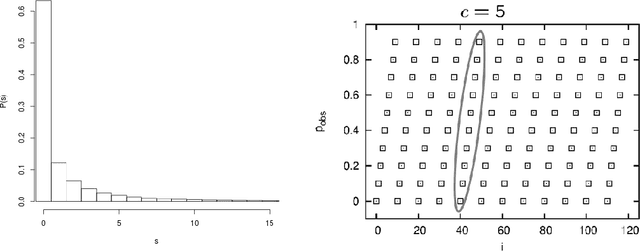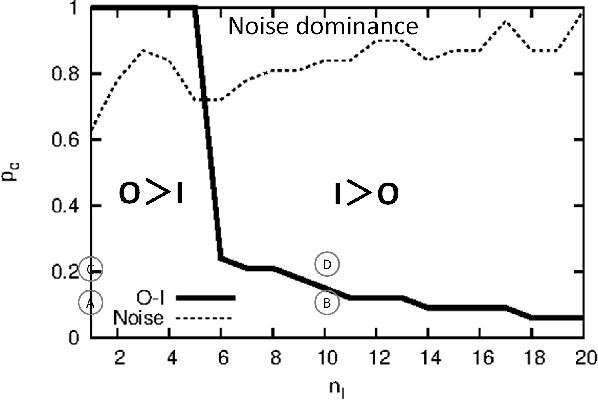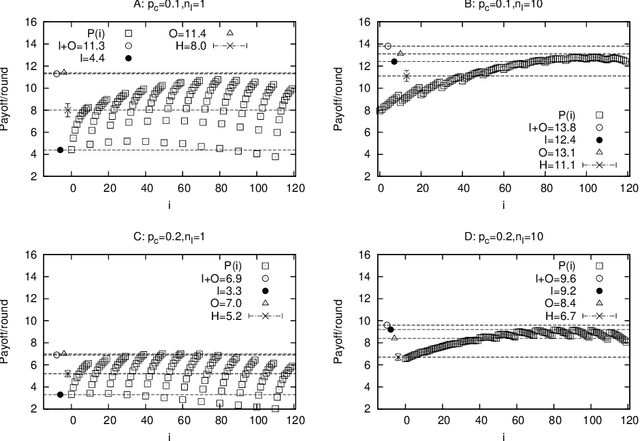Shunsuke Yoshida
IdolSongsJp Corpus: A Multi-Singer Song Corpus in the Style of Japanese Idol Groups
Jul 02, 2025Abstract:Japanese idol groups, comprising performers known as "idols," are an indispensable part of Japanese pop culture. They frequently appear in live concerts and television programs, entertaining audiences with their singing and dancing. Similar to other J-pop songs, idol group music covers a wide range of styles, with various types of chord progressions and instrumental arrangements. These tracks often feature numerous instruments and employ complex mastering techniques, resulting in high signal loudness. Additionally, most songs include a song division (utawari) structure, in which members alternate between singing solos and performing together. Hence, these songs are well-suited for benchmarking various music information processing techniques such as singer diarization, music source separation, and automatic chord estimation under challenging conditions. Focusing on these characteristics, we constructed a song corpus titled IdolSongsJp by commissioning professional composers to create 15 tracks in the style of Japanese idol groups. This corpus includes not only mastered audio tracks but also stems for music source separation, dry vocal tracks, and chord annotations. This paper provides a detailed description of the corpus, demonstrates its diversity through comparisons with real-world idol group songs, and presents its application in evaluating several music information processing techniques.
Interactive Restless Multi-armed Bandit Game and Swarm Intelligence Effect
Mar 13, 2015



Abstract:We obtain the conditions for the emergence of the swarm intelligence effect in an interactive game of restless multi-armed bandit (rMAB). A player competes with multiple agents. Each bandit has a payoff that changes with a probability $p_{c}$ per round. The agents and player choose one of three options: (1) Exploit (a good bandit), (2) Innovate (asocial learning for a good bandit among $n_{I}$ randomly chosen bandits), and (3) Observe (social learning for a good bandit). Each agent has two parameters $(c,p_{obs})$ to specify the decision: (i) $c$, the threshold value for Exploit, and (ii) $p_{obs}$, the probability for Observe in learning. The parameters $(c,p_{obs})$ are uniformly distributed. We determine the optimal strategies for the player using complete knowledge about the rMAB. We show whether or not social or asocial learning is more optimal in the $(p_{c},n_{I})$ space and define the swarm intelligence effect. We conduct a laboratory experiment (67 subjects) and observe the swarm intelligence effect only if $(p_{c},n_{I})$ are chosen so that social learning is far more optimal than asocial learning.
* 18 pages, 4 figures
 Add to Chrome
Add to Chrome Add to Firefox
Add to Firefox Add to Edge
Add to Edge